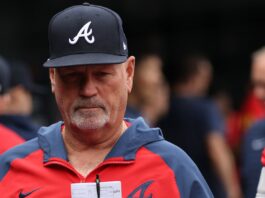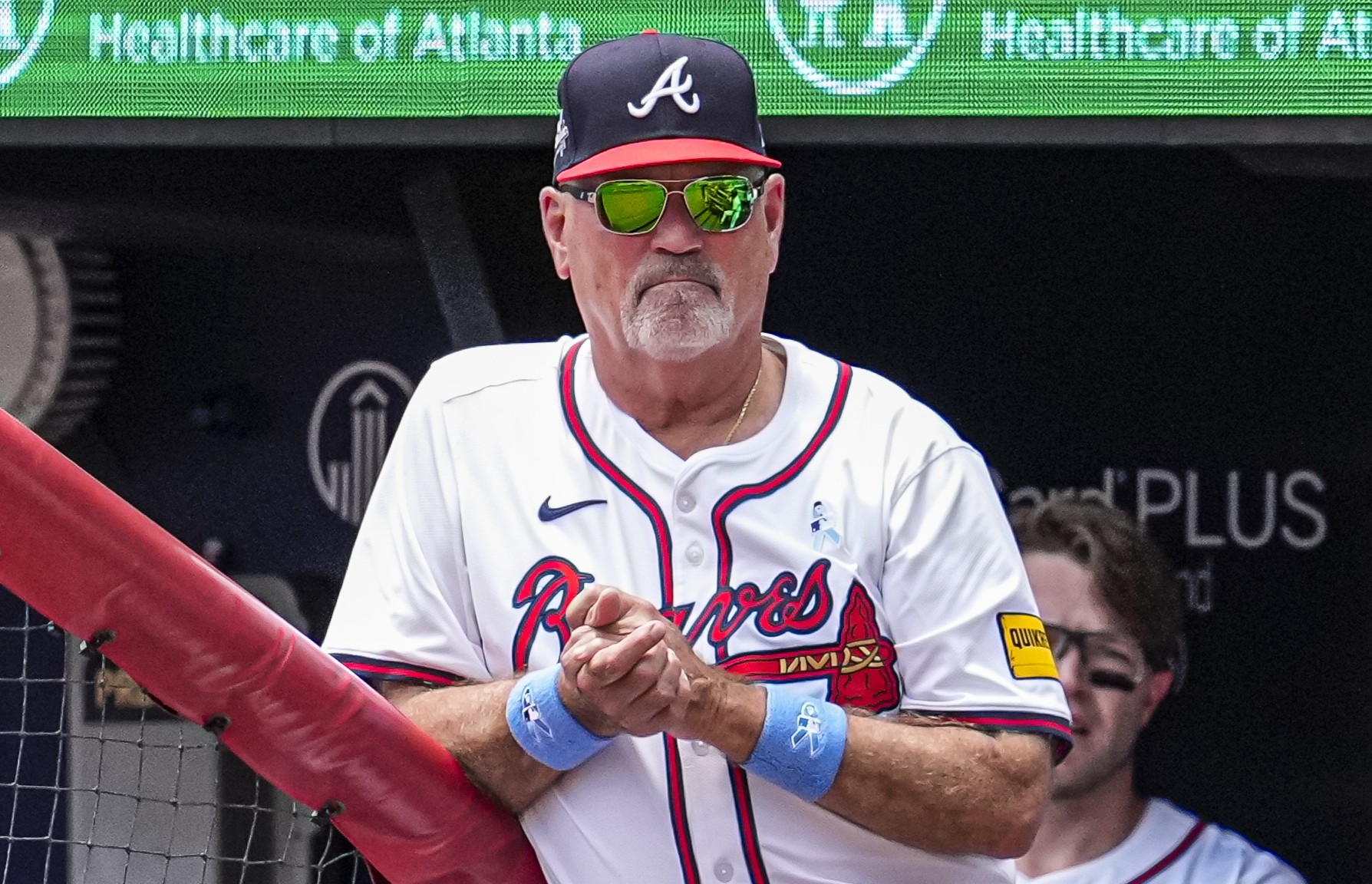
The Atlanta Braves 2025 season has been defined by inconsistency, and there may be no better symbol of that than Michael Harris II. The 2022 NL Rookie of the Year was once a lightning rod of energy and production for this franchise.
But as the Braves continue to tread water in the standings, Harris has fallen into yet another deep slump—one that’s starting to demand a more pointed conversation.
After going 0-for-4 in Sunday’s 5-3 loss to the Marlins, which handed Atlanta a series defeat to the NL East’s last-place team, Harris’s recent stretch dropped to just 3-for-30 (.100) over his past eight games. His series line? 2-for-12. This isn’t just a cold streak for a team already navigating key injuries—it’s a costly void.
A Familiar Script and a Familiar Response
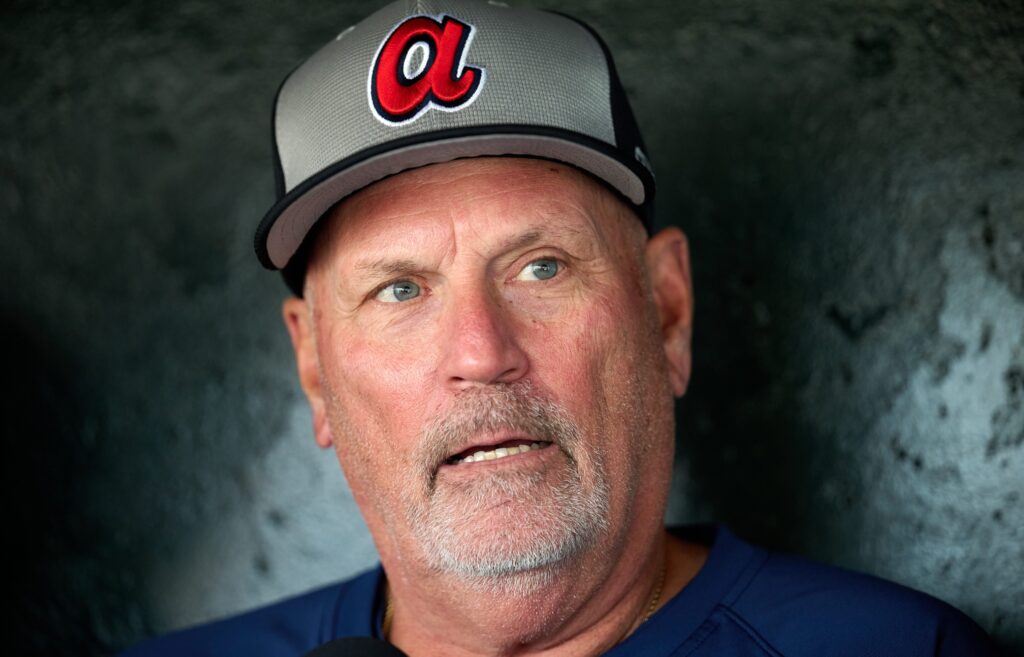
Braves manager Brian Snitker didn’t take the bait when asked about Harris’s prolonged struggles postgame. Instead, he sidestepped the individual conversation entirely, steering the answer toward a team-wide focus.
“He’s not the only one either, so I’m not going to put the onus on him,” Snitker said. “Scoring runs and all that is a team thing. We need everybody to be clicking, and sometimes guys aren’t, and the other guys need to pick them up, too.”
He’s not wrong. Baseball is a team game. And Snitker’s loyalty to his players is well-documented. He’s a “protect your guys in public” kind of manager—always has been. But this time, the question wasn’t about the Braves’ offense as a whole.
It was about Harris. When a player has a .585 OPS three months into the season, with a sub-.250 on-base percentage and a 0.4 WAR, it’s fair to ask directly about his performance.
While no one player is to blame for a team’s offensive inconsistency, Harris is a starter who’s been given everyday at-bats despite putting up numbers that wouldn’t justify it on many other teams. This isn’t just a one-week slump. This is a pattern—stretching back to early April.
Braves Need for Accountability, Not Blame
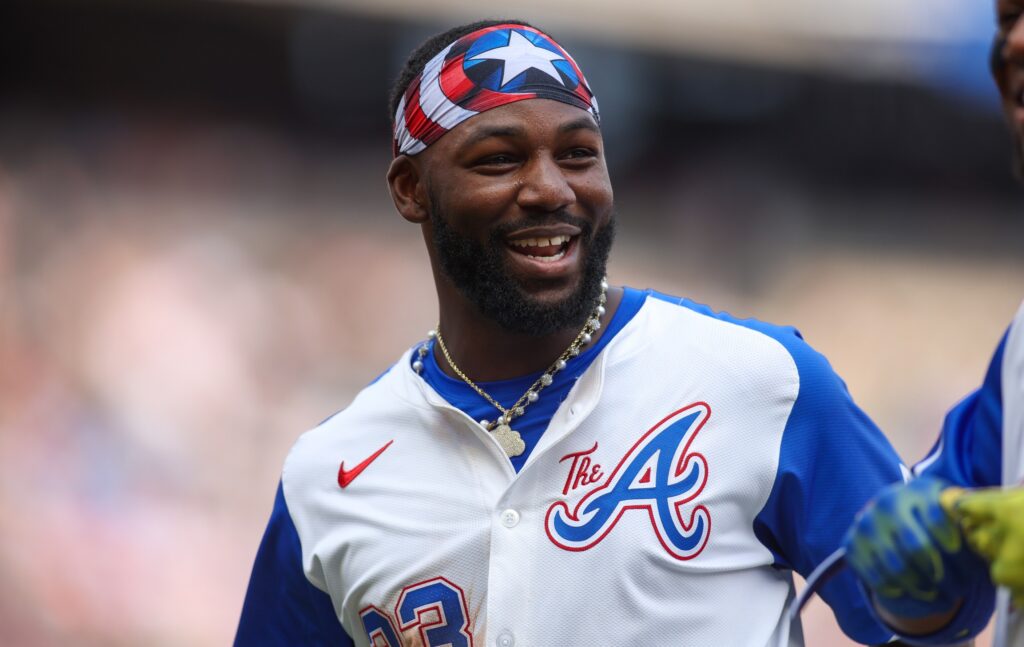
To be clear, the question wasn’t malicious. It was measured: How tough is it to watch Harris struggle, especially considering his potential? It wasn’t an indictment—it was an opportunity. And while Snitker’s response deflected blame from Harris, it also sidestepped a real issue Braves fans have watched develop for months.
Defending your players publicly is admirable. It’s the kind of leadership that builds clubhouse loyalty. But three months into a season, it’s no longer enough to suggest that everyone needs to click. At some point, underperformance at the individual level needs to be acknowledged to satisfy public curiosity and reinforce accountability.
Where Does Harris Go From Here?
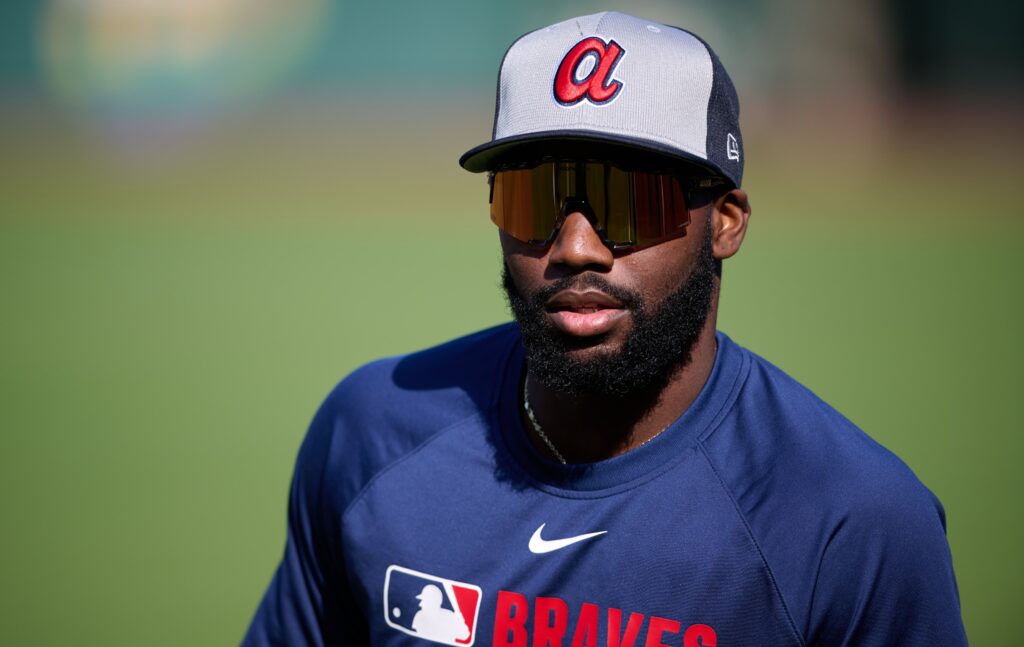
It’s not as though Harris is without hope. He’s 23. He’s shown he can hit, defend, and impact games in multiple ways. But right now, none of those traits are showing up consistently. His plate discipline has regressed, his power is absent, and his confidence looks shaken.
The Braves are at a crossroads—both as a team and with Harris. They’re trying to dig out of a sub-.500 hole with a top-heavy offense that can’t afford empty spots in the lineup.
If Harris is going to continue getting regular at-bats, there needs to be a plan in place—a mechanical adjustment, a mental reset, something tangible. Just because “he’s not the only one” doesn’t change the fact that he’s hurting the team right now.
A New Message, a Fresh Direction?
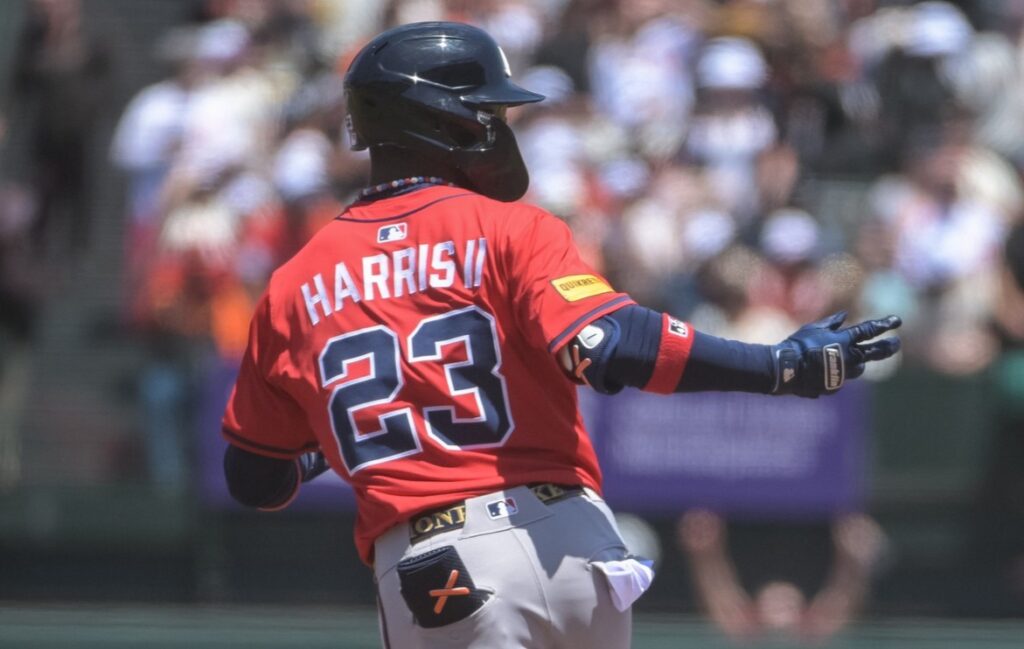
Snitker’s unwavering support is one of his strengths. But his answers might need to evolve as the Braves season teeters between revival and regression. Not because Harris deserves to be thrown under the bus, but because fans—and maybe Harris himself—need to hear a new message.
Acknowledging a player’s struggles doesn’t mean abandoning them. Sometimes, it means lighting the right kind of fire. And for a team still trying to find its rhythm, it might be time for the conversation to change.
